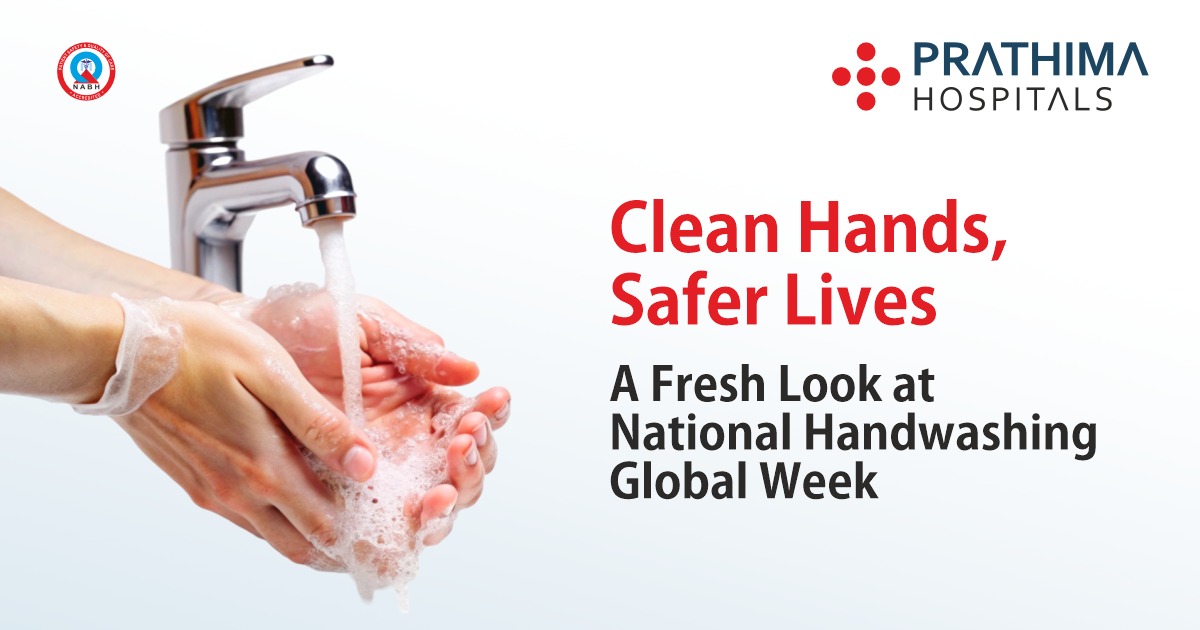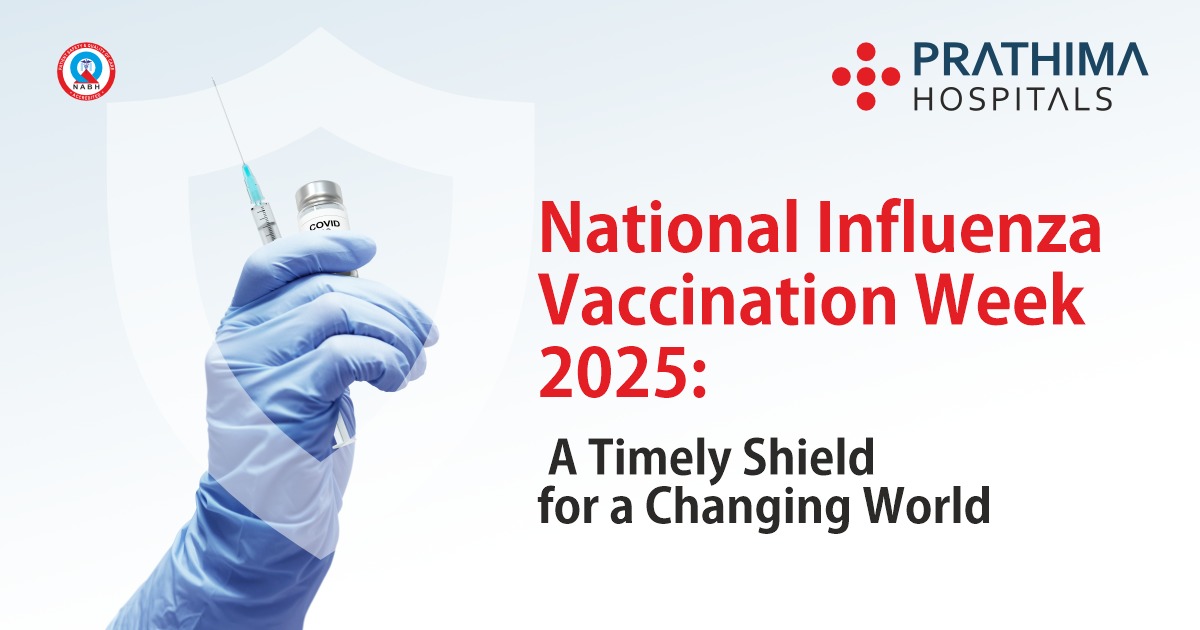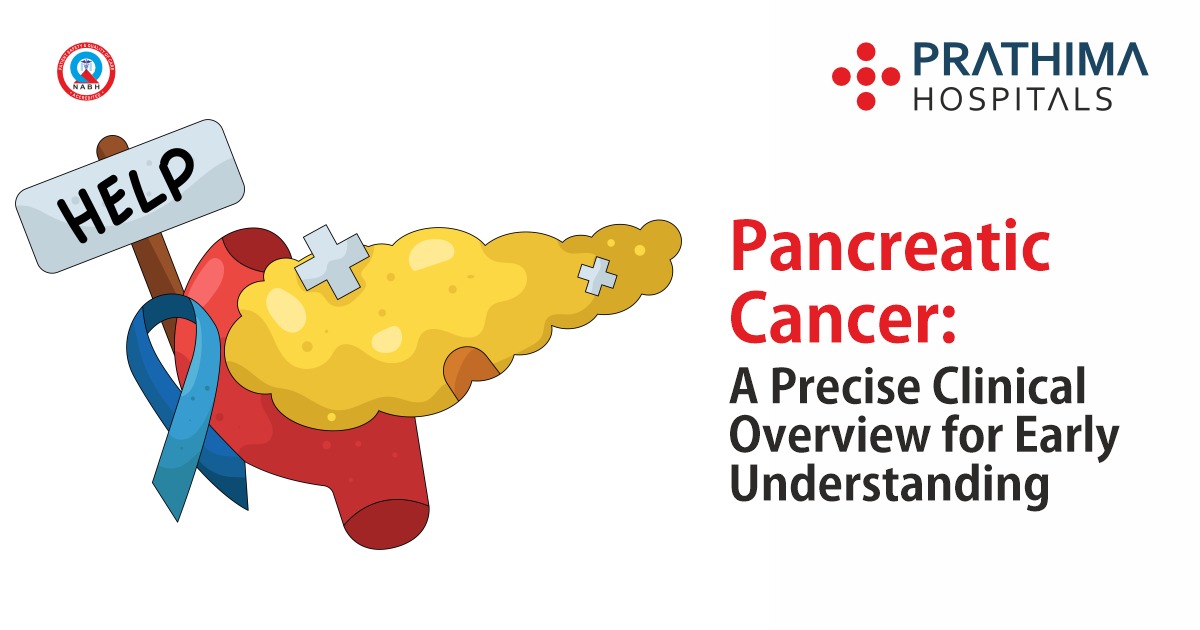How High Blood Pressure Affects Your Body!

High Blood Pressure
Introduction:
High blood pressure, also known as hypertension, is a common medical condition affecting a significant portion of the global population. It arises when the pressure of blood against the walls of arteries is invariably too high. If left untreated, high blood pressure can lead to severe health complications, including heart disease and stroke as per Cardiologist in Hyderabad. This article aims to provide a comprehensive overview of high blood pressure, its causes, effects on the body, and effective management strategies.
I. Classification:
- High blood pressure is defined as having a consistently elevated blood pressure reading above the normal range. Blood pressure is calculated using 2 numbers: systolic pressure (the highest number) & diastolic pressure (the lowest number). A blood pressure reading above 120/80 mmHg is considered higher than normal.
- Primary (essential) & secondary hypertension are the 2 main kinds. Primary hypertension is the most common form, accounting for about 90-95% of all cases. It tends to develop gradually over time and is influenced by various factors such as age, genetics, lifestyle choices, and underlying health conditions. As opposed to primary hypertension, secondary hypertension is a result of an underlying health condition, such as kidney disease, hormonal imbalances, or medication side effects.
II. Causes and Risk Factors as per Cardiologist in KPHB:
High blood pressure can be caused by a group of elements, they are:
Unhealthy Lifestyle:
- Poor Diet: Consuming a diet high in sodium (salt), saturated fats, and cholesterol increases the risk of developing high blood pressure. Excessive sodium intake can cause fluid retention, leading to increased blood volume and pressure.
- Lack of Physical Activity: Sedentary lifestyles and a lack of regular exercise contribute to weight gain, obesity, and an increased risk of hypertension. Physical activity helps regulate blood pressure and promotes cardiovascular health.
- Excessive Alcohol Consumption: Heavy and regular alcohol consumption can lead to high blood pressure. Alcohol can directly raise blood pressure and also contribute to weight gain and liver damage, further increasing the risk of hypertension.
- Age and Genetics:
- Age: As we age, we are more likely to develop high blood pressure. As individuals get older, the arteries tend to stiffen and lose their elasticity, making them more susceptible to higher blood pressure.
- Family History: Having a family history of hypertension significantly increases the risk of developing the condition. Genetic factors can influence how the body regulates blood pressure and responds to various environmental factors.
Chronic Conditions:
- Obesity: Excess body weight, especially around the waist (abdominal obesity), increases the risk of hypertension. Obesity leads to insulin resistance, hormonal changes, inflammation, and an increased workload on the heart.
- Diabetes: Individuals with diabetes, particularly type 2 diabetes, have an increased risk of developing high blood pressure. The combination of insulin resistance, obesity, and elevated blood sugar levels contributes to hypertension.
- Kidney Disease: Conditions that affect the kidneys, such as chronic kidney disease or kidney abnormalities, can disrupt the body’s fluid and electrolyte balance, leading to increased blood pressure.
- Sleep Apnea: Obstructive sleep apnea, a sleep disorder characterized by repetitive pauses in breathing during sleep, is associated with an increased risk of hypertension. The frequent interruption of breathing leads to oxygen deprivation and stress responses, raising blood pressure levels.
- Hormonal Disorders: Certain hormonal conditions, such as Cushing’s syndrome or primary aldosteronism, can cause hormonal imbalances that contribute to high blood pressure.
- Thyroid Problems: An overactive thyroid (hyperthyroidism) or an underactive thyroid (hypothyroidism) can disrupt the body’s metabolic functions, potentially leading to hypertension.
Medications and Substances:
- Oral Contraceptives: As per Cardiologist in Kukatpally certain hormonal birth control methods, particularly those containing estrogen, can raise blood pressure in some women.
- Nonsteroidal Anti-Inflammatory Drugs (NSAIDs): Long-term use of NSAIDs, such as ibuprofen and naproxen, can contribute to increased blood pressure.
- Decongestants: Over-the-counter decongestants, often used to relieve nasal congestion, can temporarily elevate blood pressure.
- Illegal Drugs: Substance abuse, particularly cocaine and amphetamines, can cause a sudden and severe increase in blood pressure.
- Stress: Chronic stress and prolonged periods of emotional or mental stress can lead to elevated blood pressure levels. Stress triggers hormonal responses and increases sympathetic nervous system activity, raising heart rate and blood pressure.
III. Effects on the Body
High blood pressure can have detrimental effects on various organs and systems within the body. Over time, the excessive force exerted on arterial walls can lead to the following complications:
Cardiovascular System:
- Heart Disease: As per Cardiologist in Kachiguda high blood pressure puts added strain on the heart, causing it to work harder to pump blood throughout the body. Over time, this can lead to the development of heart disease, including conditions such as coronary artery disease, heart attack (myocardial infarction), and heart failure.
- Enlarged Heart: The increased workload on the heart can cause it to enlarge, leading to a condition known as left ventricular hypertrophy. This reduces the heart’s efficiency and increases the risk of heart failure.
- Aneurysm: Persistent high blood pressure can weaken and damage the walls of blood vessels, increasing the risk of developing aneurysms. These are bulges or weak areas in the walls of arteries, which can rupture and cause life-threatening internal bleeding.
Brain and Nervous System:
- Stroke: Hypertension is a significant risk factor for stroke. Elevated blood pressure can cause damage to the blood vessels in the brain, leading to reduced blood supply or the formation of blood clots that block blood flow. This can result in a stroke, which can cause long-term disability or even be fatal.
- Transient Ischemic Attacks (TIAs): High blood pressure increases the likelihood of experiencing transient ischemic attacks, also known as mini-strokes. TIAs are temporary disruptions of blood flow to the brain, resulting in temporary neurological symptoms. They are often warning signs of an impending stroke and should be taken seriously.
Kidneys:
- Kidney Damage: High blood pressure can damage the small blood vessels in the kidneys, impairing their ability to filter waste products and maintain fluid balance. Over time, this can lead to kidney damage or even kidney failure (end-stage renal disease), requiring dialysis or a kidney transplant.
- Proteinuria: Hypertension can cause an increase in the excretion of protein in the urine (proteinuria). This is an early sign of kidney damage and an indication that the kidneys’ filtering units, called nephrons, are being compromised.
- Eyes:
- Retinopathy: Persistent high blood pressure can affect the blood vessels in the eyes, leading to a condition called hypertensive retinopathy. It can cause narrowing, leakage, or rupture of the blood vessels, which can result in vision problems or, in severe cases, vision loss.
- Sexual Function:
- Erectile Dysfunction: Hypertension can contribute to erectile dysfunction in men. Elevated blood pressure damages the blood vessels and impairs blood flow to the genital area, leading to difficulties in achieving or maintaining an erection.
- Reduced Sexual Desire: Both men and women with high blood pressure may experience a decrease in sexual desire and overall sexual satisfaction due to the effects of hypertension on the cardiovascular system and hormone regulation.
- Other Effects:
- Metabolic Syndrome: Hypertension often coexists with other metabolic abnormalities, such as obesity, high blood sugar levels, high cholesterol, and insulin resistance. This cluster of conditions is collectively known as metabolic syndrome, which increases the risk of developing cardiovascular disease and type 2 diabetes.
- Bone Loss: Research suggests that hypertension may be associated with accelerated bone loss and an increased risk of osteoporosis, particularly in postmenopausal women.
- Cognitive Decline: Chronic high blood pressure has been linked to an increased risk of cognitive decline, dementia, and Alzheimer’s disease in older adults.
IV. Management and Prevention :
Fortunately, high blood pressure can be managed and controlled through a combination of lifestyle changes, medication, and regular monitoring as per the Cardiologist in KPHB. Here are some effective strategies for managing and preventing hypertension:
- Healthy Diet: Consume lean proteins, whole grains, fruits, vegetables, and low-fat dairy products. Limit sodium (salt) intake, processed foods, and saturated fats.
- Regular Exercise: Engage in regular physical activity such as brisk walking, jogging, cycling, or swimming for at least 30 minutes most days of the week. Regular exercise helps lower blood pressure and improves overall cardiovascular health.
- Weight Management: Maintain a healthy weight through a balanced diet and regular exercise. Blood pressure can be significantly reduced by losing excess weight.
- Limit Alcohol Consumption: Either for men or women, limit alcohol consumption.
- Quit Smoking: Smoking cigarettes destroys blood vessels and elevates blood pressure. Quitting smoking is essential for managing hypertension and reducing the risk of cardiovascular complications.
- Reduce Stress: Incorporate stress-management techniques into daily life, such as deep breathing exercises, meditation, yoga, or engaging in hobbies and activities that bring joy and relaxation.
- Medication: In some cases, lifestyle changes alone may not be sufficient to control blood pressure. Doctors may prescribe medications, such as diuretics, beta-blockers, ACE inhibitors, or calcium channel blockers, to help lower blood pressure and manage hypertension effectively.
- Regular Monitoring: Individuals with high blood pressure must monitor their blood pressure regularly. Home blood pressure monitors are widely available, and regular readings can help individuals and their healthcare providers track blood pressure trends and adjust treatment plans accordingly.
- Follow Medical Advice: It is essential to follow medical advice, attend regular check-ups, and take prescribed medications as directed by Best Cardiology Hospital in Hyderabad.
- Education and Awareness: Increasing awareness about hypertension, its risks, and preventive measures are crucial for individuals to take proactive steps in managing their blood pressure. Education programs and campaigns can play a significant role in promoting a healthy lifestyle and encouraging regular blood pressure monitoring.
Conclusion:
High blood pressure is a prevalent medical condition with potentially severe consequences as per Cardiologist in kukatpally. However, with the right knowledge, lifestyle changes, and appropriate medical intervention, individuals can effectively manage and control hypertension. By adopting a healthy lifestyle, monitoring blood pressure regularly, and following medical advice, the risk of complications associated with high blood pressure can be significantly reduced. It is essential to prioritize cardiovascular health and take proactive steps toward maintaining optimal blood pressure levels for a long and healthy life.
.
.
.
.
.
For more details :
📞:: 733 733 6600 | 040 4345 4345
🌐:: https://prathimahospitals.com/book-appointment/






Warning: Undefined variable $req in /home/u885608126/domains/prathimahospitals.com/public_html/wp-content/themes/prathimahospitals/functions.php on line 294
Warning: Undefined variable $commenter in /home/u885608126/domains/prathimahospitals.com/public_html/wp-content/themes/prathimahospitals/functions.php on line 295
Warning: Trying to access array offset on value of type null in /home/u885608126/domains/prathimahospitals.com/public_html/wp-content/themes/prathimahospitals/functions.php on line 295
Warning: Undefined variable $aria_req in /home/u885608126/domains/prathimahospitals.com/public_html/wp-content/themes/prathimahospitals/functions.php on line 295
Warning: Undefined variable $req in /home/u885608126/domains/prathimahospitals.com/public_html/wp-content/themes/prathimahospitals/functions.php on line 298
Warning: Undefined variable $commenter in /home/u885608126/domains/prathimahospitals.com/public_html/wp-content/themes/prathimahospitals/functions.php on line 299
Warning: Trying to access array offset on value of type null in /home/u885608126/domains/prathimahospitals.com/public_html/wp-content/themes/prathimahospitals/functions.php on line 299
Warning: Undefined variable $aria_req in /home/u885608126/domains/prathimahospitals.com/public_html/wp-content/themes/prathimahospitals/functions.php on line 300
Warning: Undefined variable $commenter in /home/u885608126/domains/prathimahospitals.com/public_html/wp-content/themes/prathimahospitals/functions.php on line 303
Warning: Trying to access array offset on value of type null in /home/u885608126/domains/prathimahospitals.com/public_html/wp-content/themes/prathimahospitals/functions.php on line 303